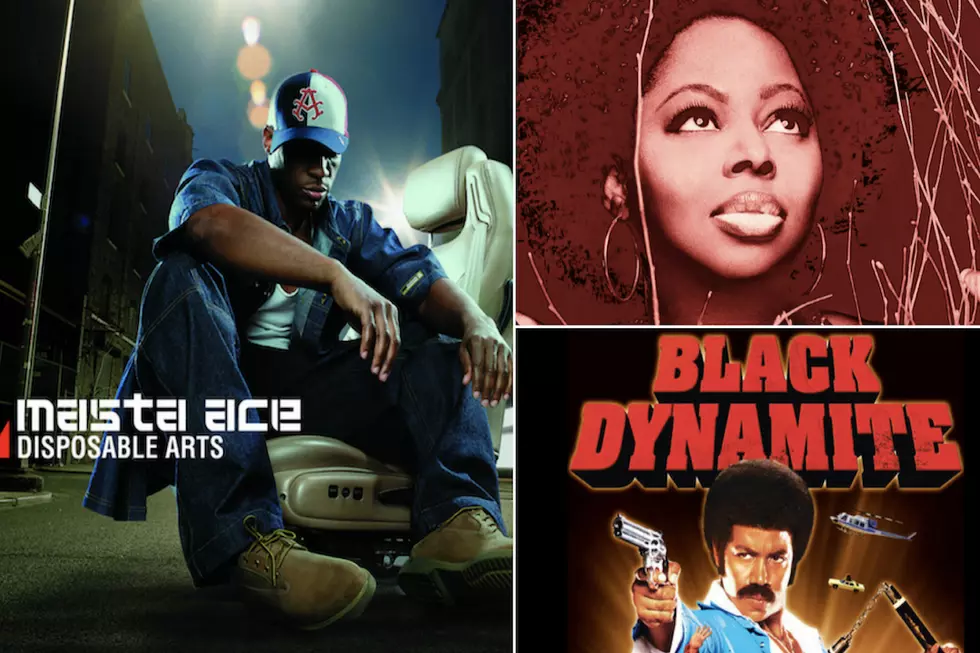
Vonte Skinner’s Rap Lyrics Reviewed by New Jersey Supreme Court
The New Jersey Supreme Court will decide whether or not aspiring rapper Vonte Skinner's lyrics should be considered as evidence in his attempted murder case. However, the ACLU is claiming that the lyrics fall under the protection of free speech and should not be admitted at the trial.
"That a rap artist wrote lyrics seemingly embracing the world of violence is no more reason to ascribe to him a motive and intent to commit violent acts than to ... indict Johnny Cash for having 'shot a man in Reno just to watch him die,'" the ACLU wrote in a brief.
The New Jersey rapper, whose lyrics include ""blow your face off and leave your brain caved in the street" and "Wonderin' if you died in pain / Was it instant or did you feel the slugs fryin' your veins," was convicted for shooting Lamont Peterson numerous times at close range in 2005. The shooting left Peterson paralyzed form the waist down. Although he did not initially identify Skinner as his shooter, Peterson eventually testified that Skinner was the man who shot him. Peterson also testified that he and Skinner were involved in a drug deal where a dispute developed when Peterson attempted to get more of the profit.
During that trial, state prosecutors read 13 pages of lyrics that were found in the backseat of Skinner's car when he was arrested. Some of the lyrics were written three to four years prior to the Peterson shooting but included violent references. In a 2-to-1 majority ruling that overturned the verdict, the appellete court cautioned the use of these lyrics as evidence.
"This was not a case in which circumstantial evidence of defendant's writings were critical to show his motive," the majority said in a statement. "Nor was such evidence important to show that defendant had the intent to kill Peterson, which the State was required to establish to prove attempted murder. This brutal shooting bespoke intent to kill."
Judge Carmen Alvarez begs to differ and claims the lyrics narrated an incident so similar to what transpired that it should be taken into consideration. Meanwhile, the ACLU says that this happens more often than not. And even though lyrics shouldn't be taken off the table completely as evidence, it should have a more solid connection at the crime in question.
"We're not saying song lyrics can never be evidence, but that there needs to be a direct connection to the crimes," said deputy legal director of the ACLU New Jersey Jeanne LoCicero.
More From TheBoombox









